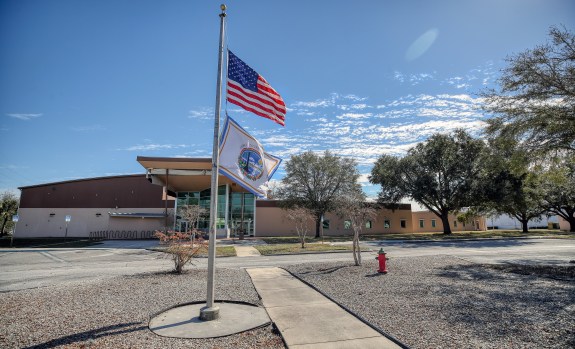Although the world correctly sees the climate issue as the most pressing threat posed by our reliance on gas, coal, and oil, there is another, frequently disregarded, effect of fossil fuels: they have historically contributed to geopolitical instability, violence, and displacement.
We once again saw how erratic the global fossil fuel market is and how strongly it is linked to the tides of war as the battle with Iran intensified.
Fears of supply disruptions caused oil prices to soar after Israel attacked Iranian nuclear sites. According to Oilprice.com, Brent crude surged about 8%, momentarily surpassing $78.50, and West Texas Intermediate followed closely behind, climbing more than 7%.
According to the same source, the market pays notice when a military confrontation breaks out with one of the largest oil producers in the world, who also happen to control the Strait of Hormuz.
A second wave of worry struck markets in mid-June, according to Reuters, as U.S. strikes targeted Iranian nuclear sites, escalating concerns about a wider confrontation and possible harm to vital energy infrastructure.
The potential of interfering with oil shipments through the Strait of Hormuz continues to be a significant element influencing market reactions, despite the fact that supply interruptions have been minor thus far.
Think about the great conflicts of the past century. During World War II, Germany made a desperate attempt to seize control of the Caucasus oil deposits by pushing into the Soviet Union. The similar requirement drove Japan’s invasion of the Dutch East Indies in 1941. Saddam Hussein’s armed invasion of Kuwait in 1990 was more than a simple border conflict. It was an attempt to take control of one of the world’s most abundant oil reservoirs.
Now picture a world in which energy, one of the main causes of contemporary warfare, is plentiful, produced locally, and unmonopolized. a society in which fighting is not necessary to obtain power.
Solar, wind, and hydropower are examples of green energy sources that do more than only cut carbon emissions. They deconstruct oil’s geopolitics. They end one of the main causes of many contemporary conflicts, enable countries to produce their own electricity, and lessen reliance on exporters of fossil fuels.
Additionally, the economic power of authoritarian governments that rely on oil profits to finance military aggressiveness and repression is weakened by renewable energy. A worldwide shift to clean energy is a democratic and peace-building tactic in addition to being an environmental necessity.
Market stability would also result from a shift away from fossil fuels. It would lessen the stock market’s susceptibility to supply chain interruptions, geopolitical shocks, and changes in oil prices. Greater global economic stability would result from investments in reliable, locally supplied renewable energy.
This change would not only lessen the boom-bust cycles associated with reliance on oil. It would foster equitable, sustainable growth, open up new opportunities for innovation, and generate millions of employment.
And preventing conflicts over oil isn’t the only goal. Preventing the battles that climate change itself will start is another goal. Fossil fuels are warming the earth and creating the conditions for future wars over food security, water, arable land, and forced migration.
Renewable energy is frequently discussed in relation to protecting the environment. True, but not fully so. We also need to discuss life-saving measures. Not only from sea level rise or intense heat, but also from invasions, explosions, and refugee crises.
Diplomacy alone won’t bring to world peace. It necessitates tearing down the war infrastructure.
Making the switch to green energy has two benefits: it tackles the underlying causes of climate change and eliminates one of the most deadly war-starting factors in history.
Thais Lopez Vogel is a founding and trustee of the VoLo Foundation, a private family organization that supports science-based climate solutions, improves education, and advances health in order to accelerate change and global impact. The Invading Sea website (www.theinvadingsea.com), which disseminates news and discussion on climate change and other environmental concerns impacting Florida, was the source of this opinion piece.












Commentary: As kids return to school, Florida continues to lead in education | Paul Renner